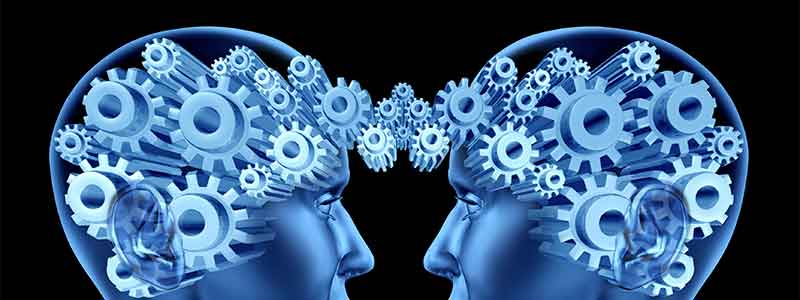
The distinction between the two-parts of receptive psi processes has been articulated to separate the psi process from psi production (i.e. termed paranormal cognition).
Conversely, in regards to expressive psi processes (i.e. information traveling through the individual and out into the environment), psi process and production is termed paranormal interaction.
The paranormal cognitive process has been suggested to be the result of normal cognitive processes, rather than of a paranormal cognitive process, as the product of the paranormal cognitive process is always the product of cognitive and other types of processes in which are we do not consider paranormal.
Such “paranormally” acquired information is assumed to be acquired via mediating stages such as dreams, hallucinations (e.g. mental images). These stages are also known as the mediation and the experiential phases of psi.
Such stages, as aforementioned, involve normal cognitive and emotional processes, and many researchers have developed hypothesis in or to identify fundamental components of the process.
Therefore, in regards to the two-part model of psi, half of the challenge in discovering how psi mediates involves comprehending its pathway via the normal cognitive operations of the brain and perhaps other various systems of living organisms.